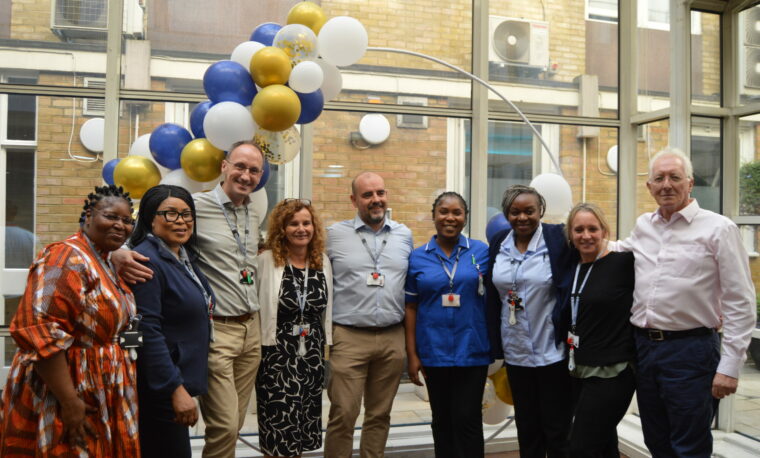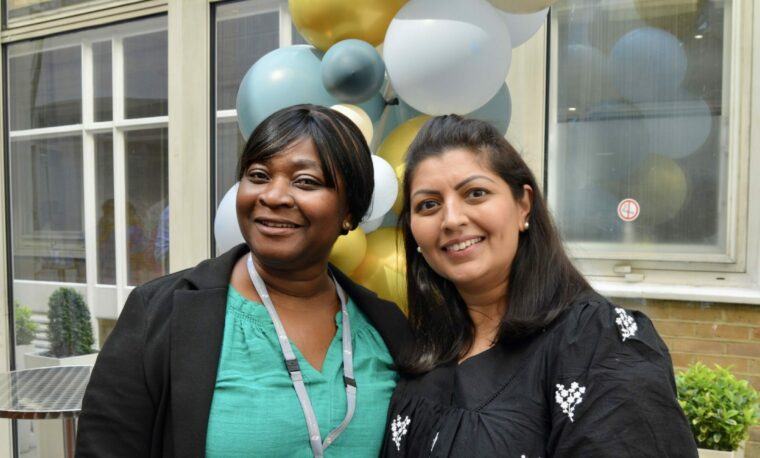What is attention deficit hyperactivity disorder (ADHD)
Attention deficit hyperactivity disorder (ADHD) is a neurodevelopmental condition. It is characterised by two types of behavioural problems including inattention, and hyperactivity and impulsiveness. Most individuals with ADHD experience issues in both of these categories. The condition is significantly underdiagnosed in the UK.
Due to ADHD being a developmental disorder, it is widely believed that it cannot develop in adulthood without appearing at some point within someone’s childhood. Symptoms of ADHD usually start in childhood and are noticeable before the age of 6. However, in some cases, ADHD is not recognised until adulthood, when symptoms are much harder to define.
In adulthood, hyperactivity symptoms tend to decrease, whilst restlessness, impulsiveness and difficulty concentrating may continue. Adults are diagnosed with ADHD following an ADHD assessment.
Although sufferers may experience various difficulties, individuals are often very intelligent, creative and intuitive people.
If you have any concerns about adult ADHD, please contact us as soon as possible about ADHD assessment and treatment.
Signs and symptoms of ADHD
Signs and symptoms of ADHD generally include:
- A sense of underachievement, organisational difficulties, procrastination, and many projects underway simultaneously which are seldom completed
- Interpersonal problems, a tendency to blurt things out without thinking, and problems in relationships
- Searching for high stimulation and a low tolerance threshold
- A tendency to worry, a sense of insecurity, and mood swings
- Anxiety, depression and substance misuse
ADHD can be linked to a variety of other mental health problems, including personality disorders, bipolar disorder, obsessive-compulsive disorder (OCD), addiction and interpersonal difficulties.
What causes ADHD?
The causes of ADHD are not completely clear, therefore research into this area continues. Experts generally believe that ADHD can be a result of genetics, environment, and problems during development.
ADHD assessments at Nightingale Hospital
An ADHD assessment is via a well-researched protocol using the Brown and Berkley scales and the Connors semi-structured interview with you, and, where possible, a family member. Old school reports will be analysed and psychometric tests may be administered to support the diagnosis. The initial ADHD assessment takes approximately two hours followed by a further five hours of analysis and additional investigations if required. The assessment will be followed by a consultation with the Psychiatrist to clarify the diagnosis of ADHD and offer ADHD treatment options.
ADHD treatment options
Nightingale Hospital has many experts in the diagnosis and management of neurodevelopment disorders in adults, including a range of consultant psychiatrists, clinical psychologists and therapists. You can find an appropriate specialist by using ourspecialist finder tool.
At Nightingale Hospital London, our approach to the assessment and treatment of adult ADHD combines an individualised programme with treatments based on current clinical evidence.
The treatment of adult ADHD consists of medication, Cognitive Behavioural Therapy (CBT) and psycho-education classes. Any ADHD medication is tailored to your exact requirements.
Family and couple therapy can also aid the treatment.
Useful resources
Enquire about
Attention deficit hyperactivity disorder (ADHD)
Please contact us to find out more.
Enquire Now









